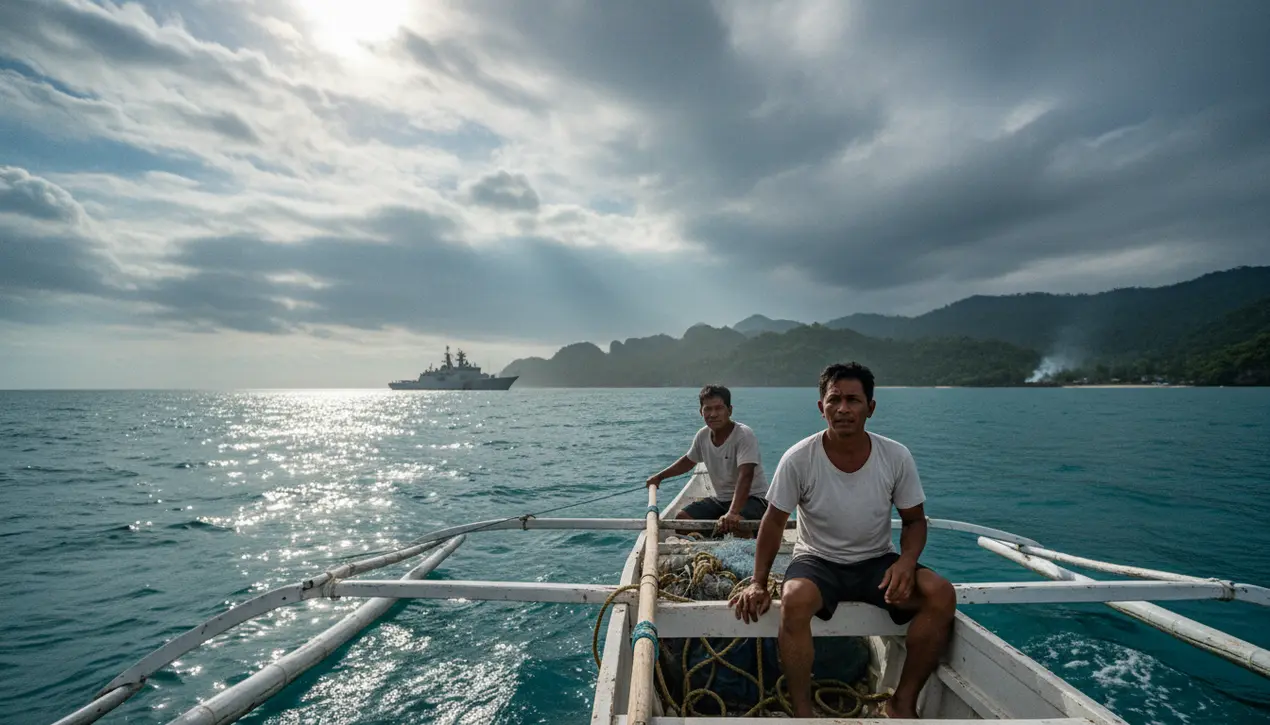
PoliticsdiplomacyBilateral Relations
Philippines to Lead ASEAN Amid Myanmar and South China Sea Issues.
RO
Robert Hayes
16 hours ago7 min read
As the Philippines prepares to assume the rotating ASEAN chairmanship next year, Manila is stepping onto a geopolitical tightrope stretched between the intractable civil war in Myanmar and the simmering territorial disputes of the South China Sea. This is not merely a procedural handover; it is a moment of profound reckoning for an organization whose foundational principle of consensus is being tested to its breaking point.The Myanmar crisis, a festering wound since the 2021 coup, presents an immediate moral and political quandary. The Five-Point Consensus, ASEAN's own roadmap for peace, lies in tatters, a testament to the junta's intransigence and the bloc's inability to enforce its own directives.Manila's challenge will be to navigate the deep divisions within ASEAN itself, where members like Thailand and Cambodia have pursued their own, more lenient engagements with the military regime, while others, such as Malaysia and Indonesia, advocate for a firmer stance, including the continued exclusion of the junta from high-level meetings. This internal schism echoes historical precedents where non-interference has clashed with collective security, reminiscent of the dilemmas faced during the Cold War.Simultaneously, the Philippines must shepherd the long-stalled Code of Conduct (COC) negotiations for the South China Sea toward a 2026 deadline—a timeline that appears increasingly ambitious against a backdrop of heightened militarization. Chinese coastguard vessels continue their assertive patrols, and recent incidents, including water cannon use against Philippine resupply missions, underscore the volatile reality that the COC is meant to manage.Analysts point to a fundamental tension: Beijing's preference for a non-legally binding code that preserves its strategic ambiguity, versus the desire of claimant states like Vietnam and the Philippines for a robust, legally enforceable agreement. The Philippine leadership, under President Ferdinand Marcos Jr., has markedly hardened its stance compared to his predecessor, deepening security ties with the United States and Japan, a move that will inevitably color its approach to the COC talks. This dual agenda creates a precarious balancing act.Progress on Myanmar is likely to remain incremental, hampered by the junta's refusal to cede power, while any significant advancement on the South China Sea code risks being undermined by China's sweeping claims and the sheer complexity of reconciling the interests of ten ASEAN members plus Beijing. The Philippines' tenure will be judged on its ability to prevent the Myanmar crisis from paralyzing the entire organization while simultaneously preventing the South China Sea from erupting into a wider conflict. It is a diplomatic task of Churchillian proportions, requiring not just procedural skill but a strategic vision to steer ASEAN through its most challenging period in decades, a test of whether regional unity can hold against the centrifugal forces of great power competition and internal discord.
#ASEAN
#Philippines
#South China Sea
#Myanmar
#Code of Conduct
#Diplomacy
#featured
Stay Informed. Act Smarter.
Get weekly highlights, major headlines, and expert insights — then put your knowledge to work in our live prediction markets.
Related News
Comments
Loading comments...
© 2025 Outpoll Service LTD. All rights reserved.